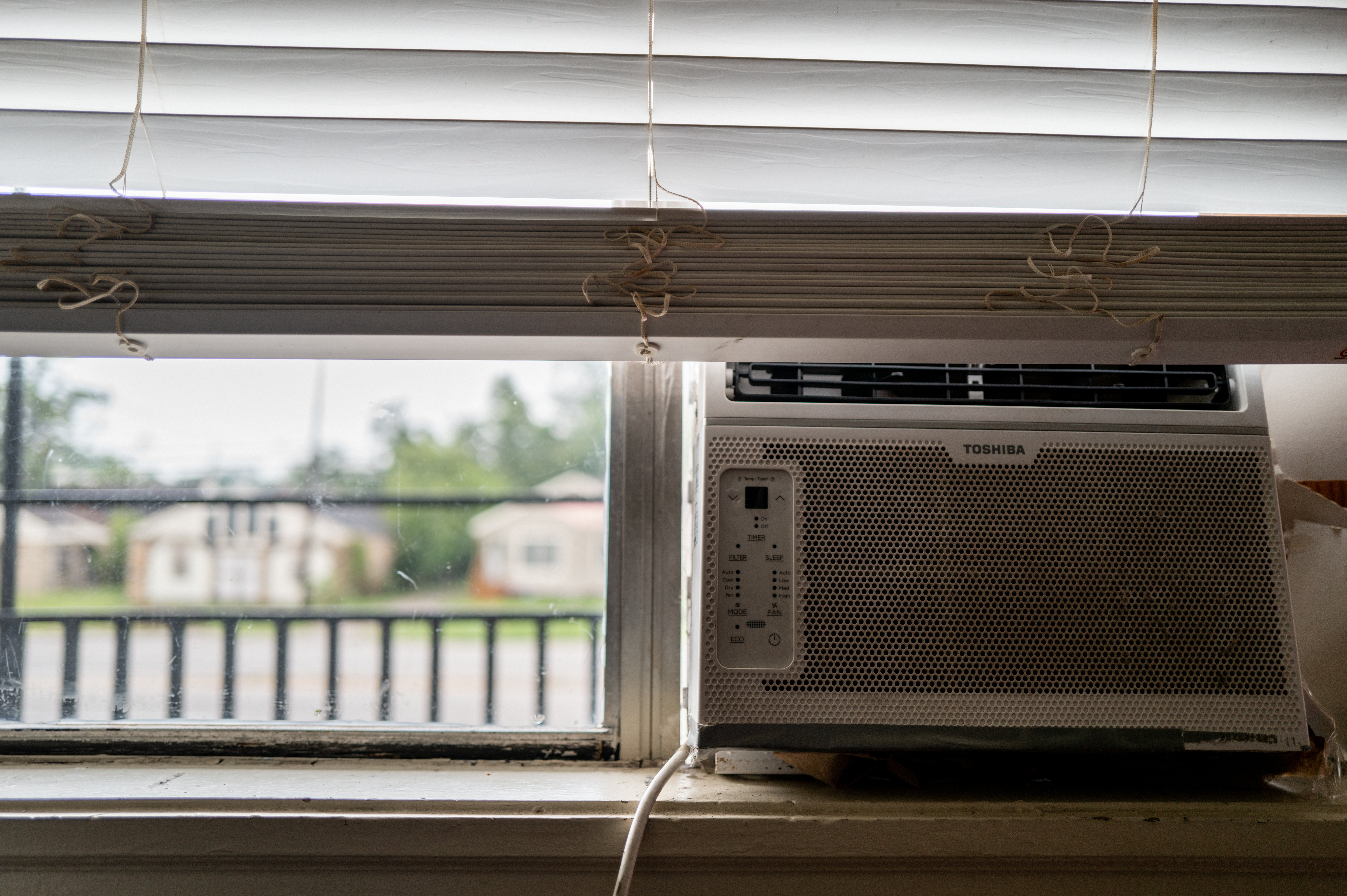The cost of using air conditioning across the nation is expected to hit its highest level in 12 years this summer.
It may even reach a record high, according to energy industry experts.
Skyrocketing prices come amid increasing demand due to higher temperatures and more oppressive humidity spurred by human-caused climate change. That demand is only projected to surge as Earth’s atmosphere continues to heat up, thanks to the continued production of fossil fuels and other sources of polluting greenhouse gas emissions.
“We have found that consumers are going to be hit with the highest level in 12 years, possibly a record high for home cooling this summer, as the average cost of electricity is projected to reach $784, a 6.2 percent increase from $737 last year,” National Energy Assistance Directors Association (NEADA) and the Center for Energy Poverty and Climate (CEPC) said in a joint statement.
“After adjusting for inflation, the average family will see an increase of 4.2 percent.”
The number of cooling degree days, when air conditioners might be necessary, has increased in hundreds of locations over the past 50 years, and heat and energy stress has resulted in days-long power outages with deadly consequences.
The highest average costs are anticipated in the Northeast, South Central, and South Atlantic regions of the U.S. It is forecast to be a particularly hot summer for the majority of the country, including much of the West, Florida, and the Northeast.
The groups cited two reasons for rising prices. First, that the cost of electricity is rising faster than average inflation. Second, that summer temperatures are continuing to result in severe and prolonged heat waves.
It’s a burden, they warned, that falls disproportionately on low-income families. Nearly 20 percent of low-income families have no air conditioning.
“The average energy burden for low-income households is about 8.6 percent of income, almost three times the rate for non-low-income households (3.0 percent),” the organizations said, noting that a recent survey had found the percentage of household that could not pay their energy bill for at least one month in the last year has increased, up from 21.4 percent to 25.3 percent.
While the official poverty rate fell in 2023, the Census Bureau says there were still 36.8 million people living in poverty that year. The burden, the report said, falls to them because of a lack of access to affordable summer cooling systems, high electric bills, and cutbacks in the federal funding for the Low Income Home Energy Assistance Program.
The program was reportedly included in recent Trump administration cuts to the Department of Health and Human Services.

This summer, they said only 26 states and the nation’s capital will offer cooling assistance. Furthermore, just 17 states and Washington, D.C., are slated to provide some level of protection against utility companies shutting offer electricity due to unpaid bills during sweltering summer months.
This leaves low-income families in 33 states without protections to exposure to dangerous health conditions, including heat stroke and even death. More than 700 people die from extreme heat every year in the U.S., according to the Centers for Disease Control and Prevention. That’s more than any other weather event.
Notably, those who do have access to heating and cooling systems may also be behind on energy bills from the winter months, and the amount of money consumers owe their utilities has increased from $17.5 billion in January 2023 to $24 billion in March 2025. One out of six households in the U.S. are estimated to be behind on their energy bills, NEADA said.
“Put plainly, the situation for low-income households this summer looks dire. NEADA and CEPC are concerned that this summer could be deadly for many low-income households across the United States,” they concluded.
Weather: UK braces for heavy rain, strong winds and thunder over bank holiday
Thinking about traveling over Memorial Day weekend? It’s going to rain
Indianapolis celebrates an epic sports weekend with Pacers, Fever and the Indy 500
FBI launches new probes into White House cocaine incident, Dobbs Supreme Court leak
Mike Johnson dismisses Trump corruption concerns: ‘Everything’s out in the open’







